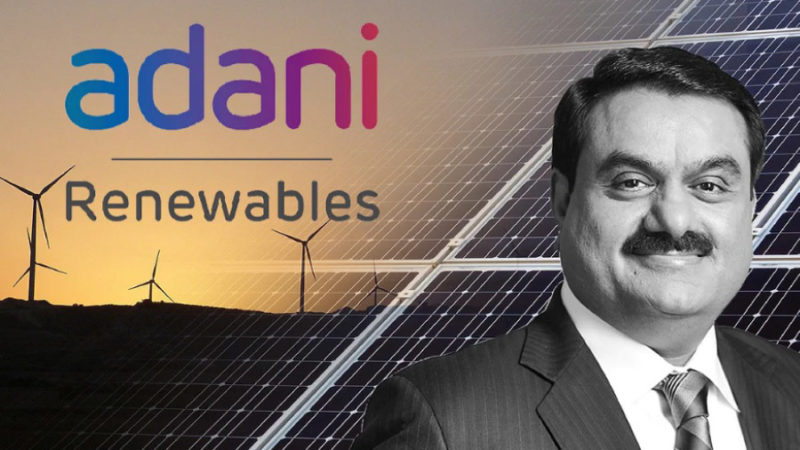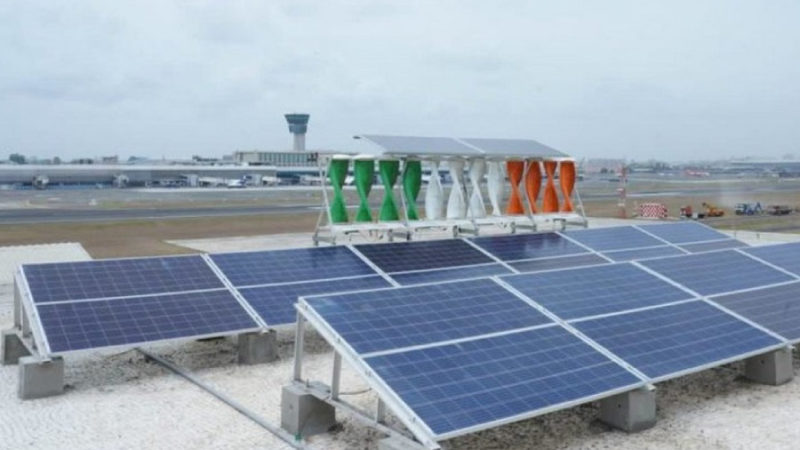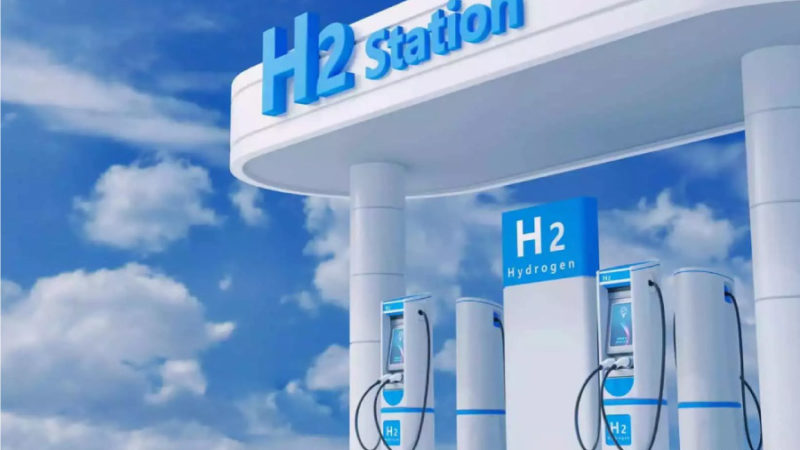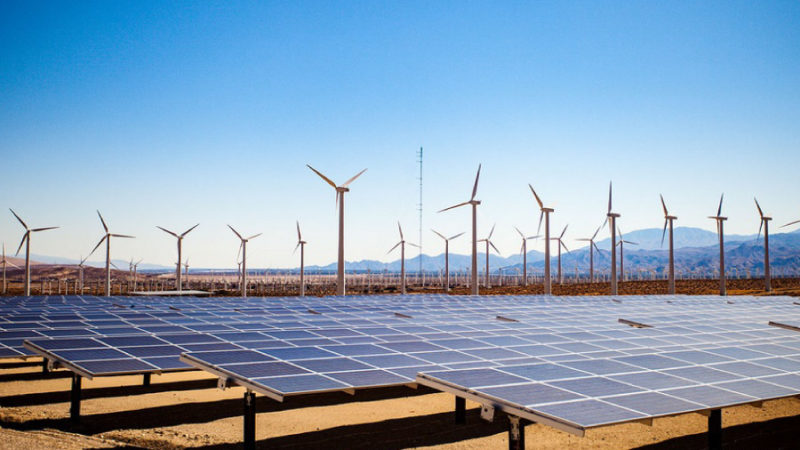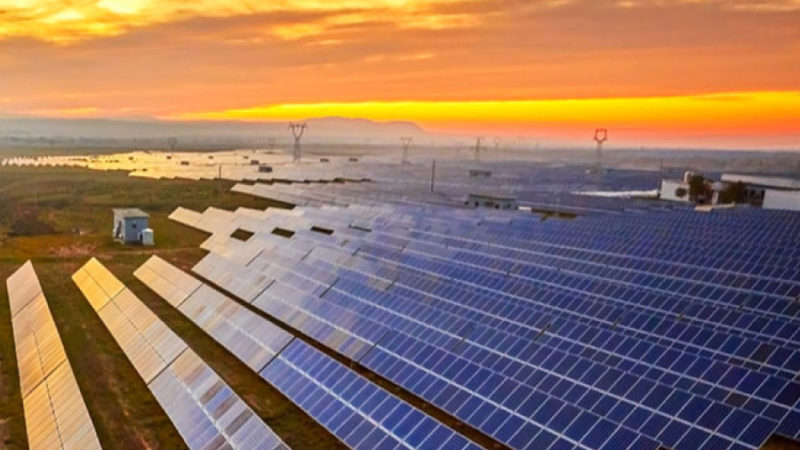A $500 million of debt financing approved by DFC for First Solar’s Tamil Nadu facility
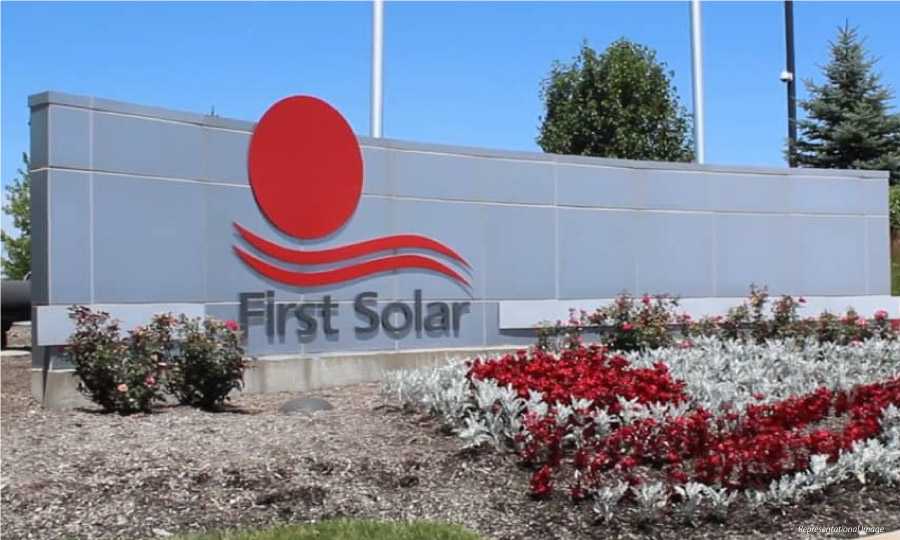
According to the development bank statement, the facility is expected to have a capacity of 3.3 gigawatts (GW) annually.
On Tuesday, the US International Development Finance Corporation (DFC) announced it had approved up to $500 million in debt financing for First Solar, the largest US manufacturer of solar panels. First Solar’s facility in Tamil Nadu, India will be supported by the loan.
The facility is expected to have an annual capacity of 3.3 gigawatts (GW). In terms of debt financing, it is DFC’s largest deal to date.
In July, First Solar announced its intent to build a vertically integrated photovoltaic (PV) solar module manufacturing facility in India, shortly after announcing plans for a new $680 million factory in Ohio.
Dev Jagadesan, acting CEO of DFC, said: “I am delighted to have a role in supporting First Solar’s new venture in India, which will increase the supply of solar panels for a key ally and motivate the industry to adopt standards aligned with the values of the United States.”
He further stated that as part of the United States’ effort to spur alternative supply chains, this transaction represents another milestone in articulating a vision of climate finance that drives our development commitments.
According to the bank statement, India, a Quad ally and key partner of the US in the Indo-Pacific region, is expected to consume the majority of the new facility’s production due to its growing solar market. It added that DFC’s proposed funding will help the United States fight climate change both at home and abroad and support India’s ambitious renewable energy goals.
According to Mark Widmar, CEO of First Solar, India has recognized that it must shape its own sustainable energy future and has expanded its domestic solar manufacturing capacity at a rapid pace.
He further stated that DFC’s support of the facility could create a replicable blueprint for enabling the clean energy ambitions of like-minded nations through American ingenuity, innovation, and competitiveness.
The company makes thin-film modules that don’t use polysilicon. As of 2024, the company expects to have 16GW of global manufacturing capacity.
Connect with Power Insight: Facebook | LinkedIn | Twitter


